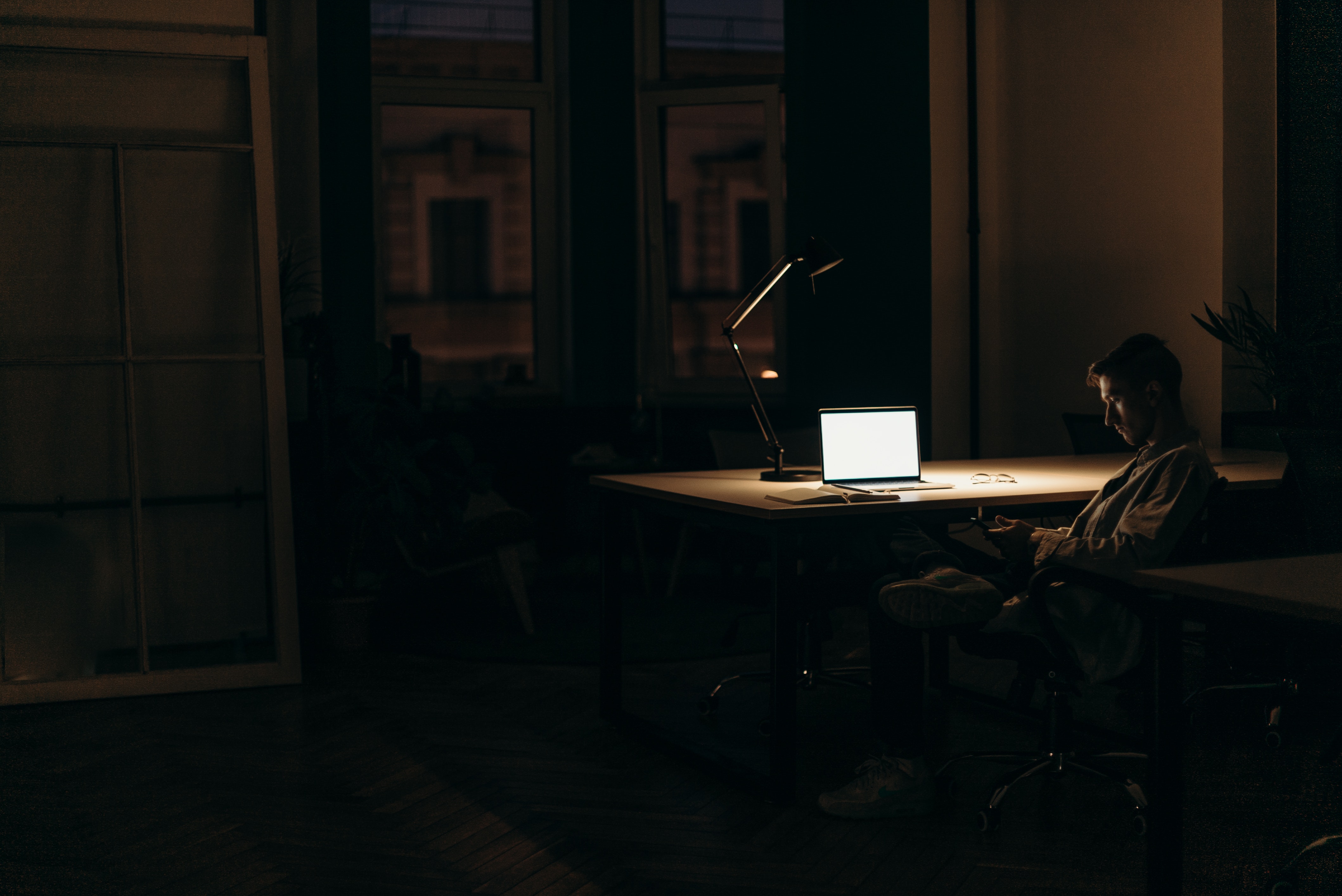
02 Mar Luck vs Hard Work
The first thing they tell you when you get into medicine is that you are studying with the best of the best; the cream of the crop. Certainly, everyone that gets in is hard working, is at least somewhat intelligent, and is usually a little optimistic to start with, but what kind of luck is involved in getting accepted into med school?
Less than 4000 students commenced medical school in Australia in 2019 (Medical Deans Australia and New Zealand Inc., 2020). Compare that to the 645,000 odd commencing students in the same year and you have 0.5% of all students starting university that year – some of the top students in the country (Higher Education Statistics, 2020). Hearing this, you would think that these people are the hardest working and most intelligent students in the nation, and having met some of the third years, I would say this is an understatement. But what probably does not come to mind is the fact that these 3914 students had some key factors which were out of their control, such as where they were born and what interests them about med, that fundamentally helped them to get into medicine.
In every high-stakes application process, it is very easy to think that everyone who did not make it did not work hard enough, or just are not empathetic enough to pass an interview, and that might be true in some cases. But how are you going to pay for GAMSAT prep if you live in Liberia, where the median income, USD $781, will not even get you two attempts at the exam (World Population Review, 2021)? Ultimately, where you are born is a factor which is out of your control – luck.
There is also an inherent randomness in how medicine interests us, whether that initial intrigue be from family, or through experience in the world of medicine. These occurrences likely happened through chance – pure luck. Afterall, a lot of the population in Liberia will not have the same access to healthcare and thus will not have the same exposure to medicine as we do in Australia. We often serendipitously acquire an interest in medicine and are fortunate be born in countries where studying medicine in Australia is achievable. Hence, we are lucky to get into med school, and we did unequivocally work hard. But how would we know if other applicants worked just as hard, but were not as favoured by chance? You will never get more evidence to answer this than poorly worded anecdotes, and it is difficult to know if these examples are just another case of disappointing inequality.
So, here is my anecdote. Being from the first Medical Science cohort at Sunshine Coast, a concept I have struggled with is knowing that I was lucky to be applying in a year that had a lower ATAR requirement for provisional entry. It is easy for me to discredit my place here and think I probably would have bombed any post graduate entry. This type of thinking is probably where a lot of cases of imposter syndrome originate. The classic thought that “After all, everyone in med is smarter and has worked harder than me,” is often followed by “I just got lucky to be where I am.” Did I think about this in high school? Of course not, the nights doing Maths C questions from random textbooks to just go up that extra ranking were not exactly fun but was part of what got me to where I am now. And it is difficult for me to appreciate that all the hours of just looking at my physics notes trying to understand them contributed to getting into med school. But I think they did; the combination of my hard work, and some (or a lot) of luck are both ultimately the reasons I can study medicine today.
So, what is the takeaway? Should we just concede that all our hard work was for naught and we just got intrinsically lucky? It is cheesy, but you do make your own luck sometimes. When you are striving for that coveted position you must think that all the blood, sweat and tears will contribute to your success – you focus on what you can control. If you do enough to achieve that position, however, you must acknowledge the implicit chance involved, and work to provide opportunities for others who might not have had that same luck. Whether this is through volunteering or teaching people in less fortunate positions than yourself about pathways to medicine, trying to equalise these ‘lucky breaks’ for everyone should be an important part of being in medicine.
Inspired by Is Success Luck or Hard Work – Veritasium (2020): YouTube
References
Department of Education, Skills and Employment, 2021. Selected Higher Education Statistics – 2019 Student Data. 2019 Section 1 Commencing students. Department of Education, Skills and Employment.
Medical Deans Australia and New Zealand, 2020. Student Statistics Report: 2019 – 2020. SNAPSHOT OF FINDINGS. Sydney: Medical Deans Australia and New Zealand Inc.
Worldpopulationreview.com. 2021. Median Income by Country 2021. [online] Available at: https://worldpopulationreview.com/country-rankings/median-income-by-country [Accessed 16 February 2021].
Interested in writing for the GUMS blog? Email our Publications Officer, Ashraf, at ashraf.docrat@griffithuni.edu.au

